If you’ve decided to raise capital, you’ll inevitably face the tricky question: What’s your startup worth? Finding an answer that feels just right isn’t easy, is it? That’s because there’s no universal formula for valuation—it all depends on the context, especially when building a business in the African market.
The markets, challenges, and opportunities across Africa are unique. While global valuation principles provide a useful foundation, adapting them to local realities is as much an art as it is a science. That’s where this guide comes in. I have broken down key steps and added insights specifically tailored for African founders to help you navigate valuations with clarity and confidence.
Start by Knowing How Much You Need
Before diving into valuations, you need to answer the critical question: How much funding do I need to hit my next big milestone? Investors are all about progress, and milestones act as the roadmap to your goals. For most startups, this means plotting an 18-month growth plan and reverse-engineering your budget.
Say you’re running a logistics startup in Nairobi. You might need $1.5M to expand operations, build out your tech platform, and hit revenue targets for a Series A round. Add an extra 30% for unexpected bumps (always plan for a rainy day!), and your fundraising target is $2M.
Why focus on milestones? As Lily Lyman, a seasoned venture capitalist, aptly puts it: "Milestones are markers of the most important steps along the way to get to a goal. For a founder, defining milestones sets the roadmap and creates focus."
Anchor Your Post-Money Valuation
Here’s a simple rule of thumb: investors have “ownership targets.” At the seed stage, most want around 20%. If you’re raising $2M, that means your post-money valuation needs to be $10M ($2M ÷ 20%).
While this formula is straightforward, things in Africa can get a bit tricky. Investors may perceive higher risks due to factors like market volatility or lack of infrastructure. That’s where your pitch comes in. If you can show strong growth, a defensible product, and potential for regional or global expansion, you’re in a much stronger position to justify a higher valuation.
Keep Your Founder Ownership Healthy
This one is non-negotiable. You must retain enough equity to make future funding rounds viable. After all, investors want founders to stay motivated. Ideally, founder(s) should still own at least 70% after a seed round and 50% after Series A.
Anything less, and you risk what’s called a “broken cap table,” where future investors shy away because too much of the company is already gone. As Mary Ekemezie, founder of ME Academy, emphasizes "Founders must plan ahead, ensuring that even after several rounds, they still retain enough equity to stay motivated and committed to the company."
Fine-Tune With Comparables
Here’s where you get strategic. Look at other startups in your space and region. How much did they raise, and at what valuation?
For instance:
- If you’re a fintech in Lagos, Moniepoints’s seed-round milestones might be a useful benchmark.
- Running an e-commerce platform? Jumia’s early-stage funding rounds can guide you.
Finding comparables in Africa can be a challenge, but resources like Partech Africa’s reports, Briter Bridges, and Pitchwise resource library can give you a starting point. Even better, if you’re outperforming a peer in growth or margins, you’ve got a great narrative to sell investors.
Understand Pre-Money Valuation Basics
Let’s demystify pre-money and post-money valuation. Your pre-money valuation is simply:
Post-money valuation - Amount raised
If your post-money valuation is $10M and you’re raising $2M, your pre-money valuation is $8M. Easy, right?
Here’s the catch: when negotiating, always clarify whether you’re talking “pre” or “post.” Miscommunication here can cost you equity. And remember, if your valuation feels high, be prepared to justify it with metrics—growth rates, market size, or even strategic partnerships.
Final Thoughts
African markets stand out for their unique opportunities and challenges, which significantly shape valuation approaches. While the continent offers immense potential, several factors contribute to a more conservative approach to valuations:
- Market Opportunity vs. Infrastructure: The vast market opportunity is tempered by infrastructure challenges and varying levels of purchasing power across regions, making scalability a complex endeavor.
- Funding Ecosystem: The funding landscape differs greatly from more mature markets. African startups often rely on a mix of angel investors, impact funds, and international VCs, many of whom take a more cautious approach when evaluating valuations.
- Exit Opportunities: Limited exit opportunities—due to fewer IPOs or acquisitions—often result in more conservative projections for long-term returns.
Sean Winter, an executive at Alternative Investments, emphasizes a key challenge: "African startups' challenge in transitioning from VC to PE funding stems from differing valuation methodologies and a lack of communication and understanding between VC and PE investors." This underscores the complexity of valuations in Africa, where local dynamics and cross-investor collaboration are crucial.
In summary, startup valuation isn’t just about spreadsheets; it’s about building a compelling case. African founders, more than most, need to balance ambition with realism. By knowing your numbers, protecting your equity, and telling a strong growth story, you’ll not only attract the right investors but also set your business up for long-term success.
Now, grab that spreadsheet, map your next milestone, and own your story!











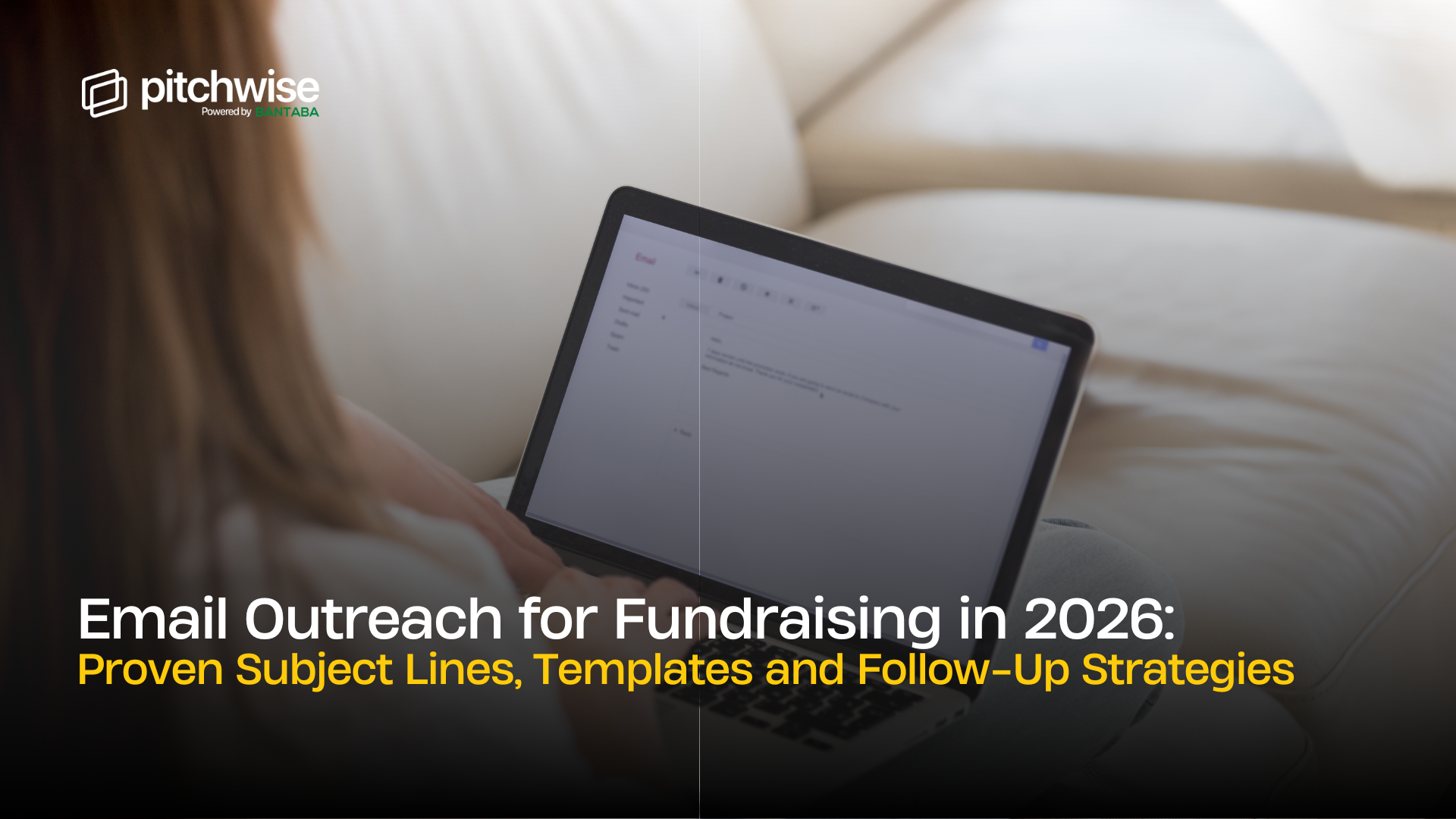
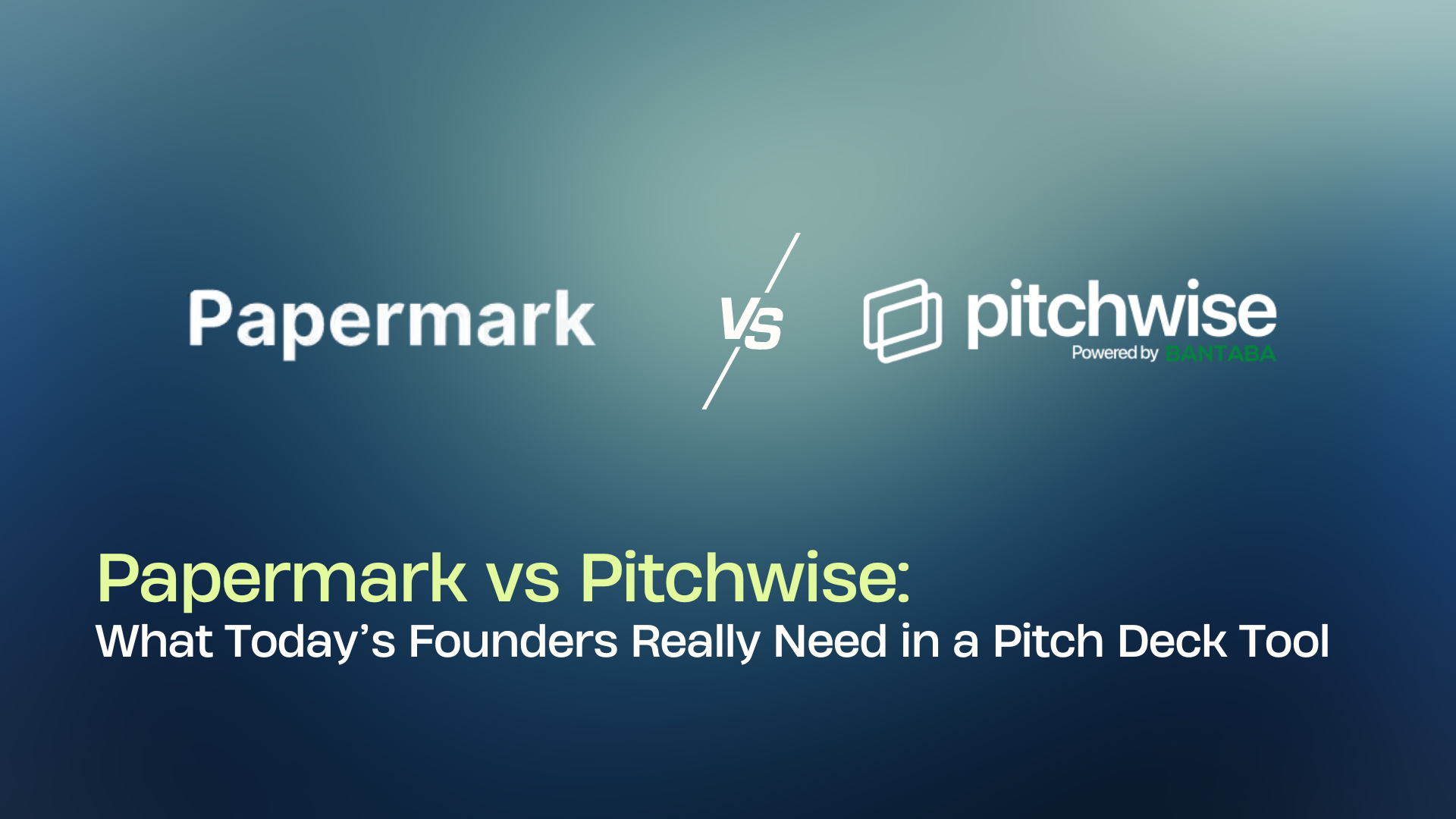

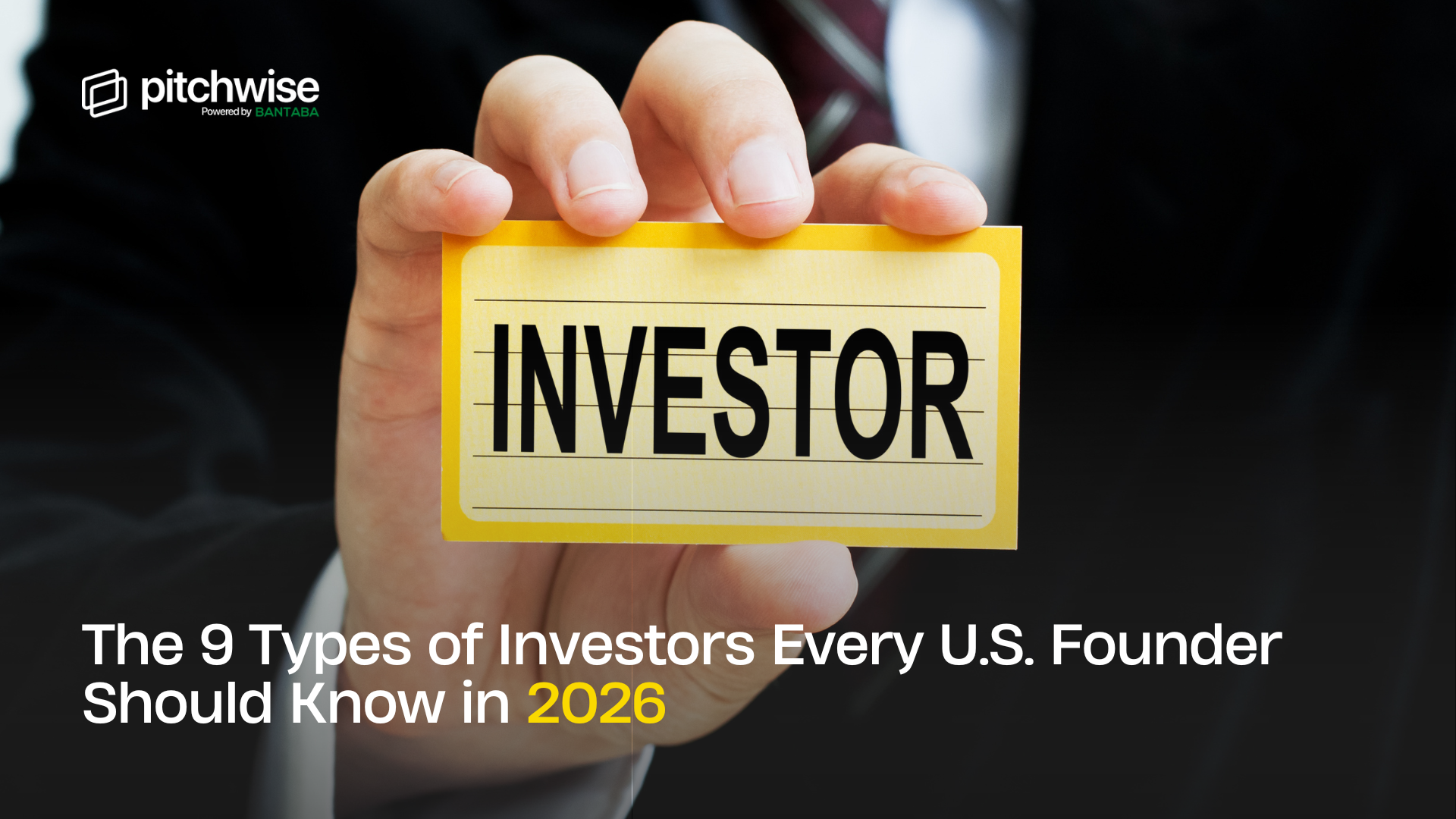
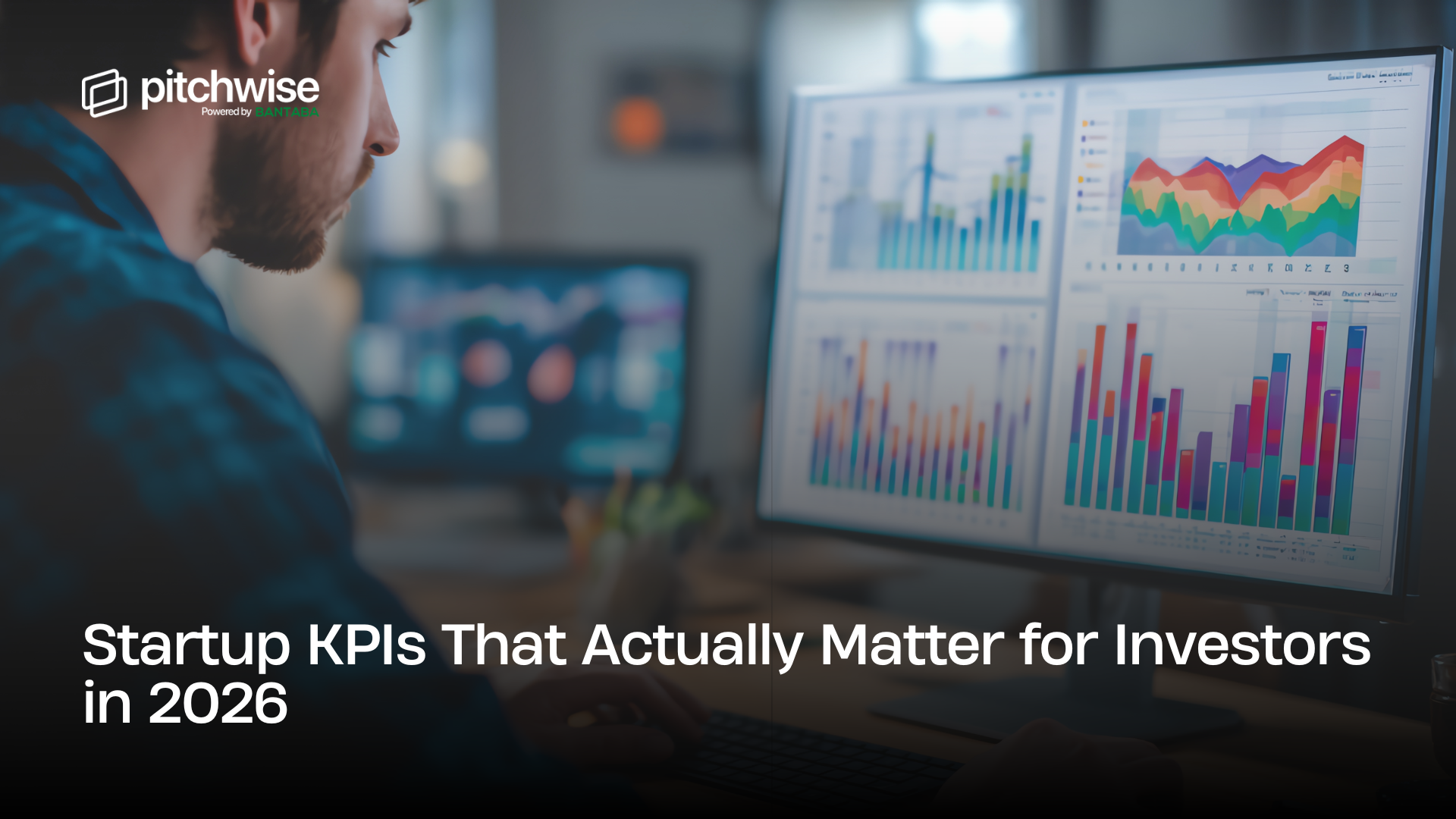

.png)


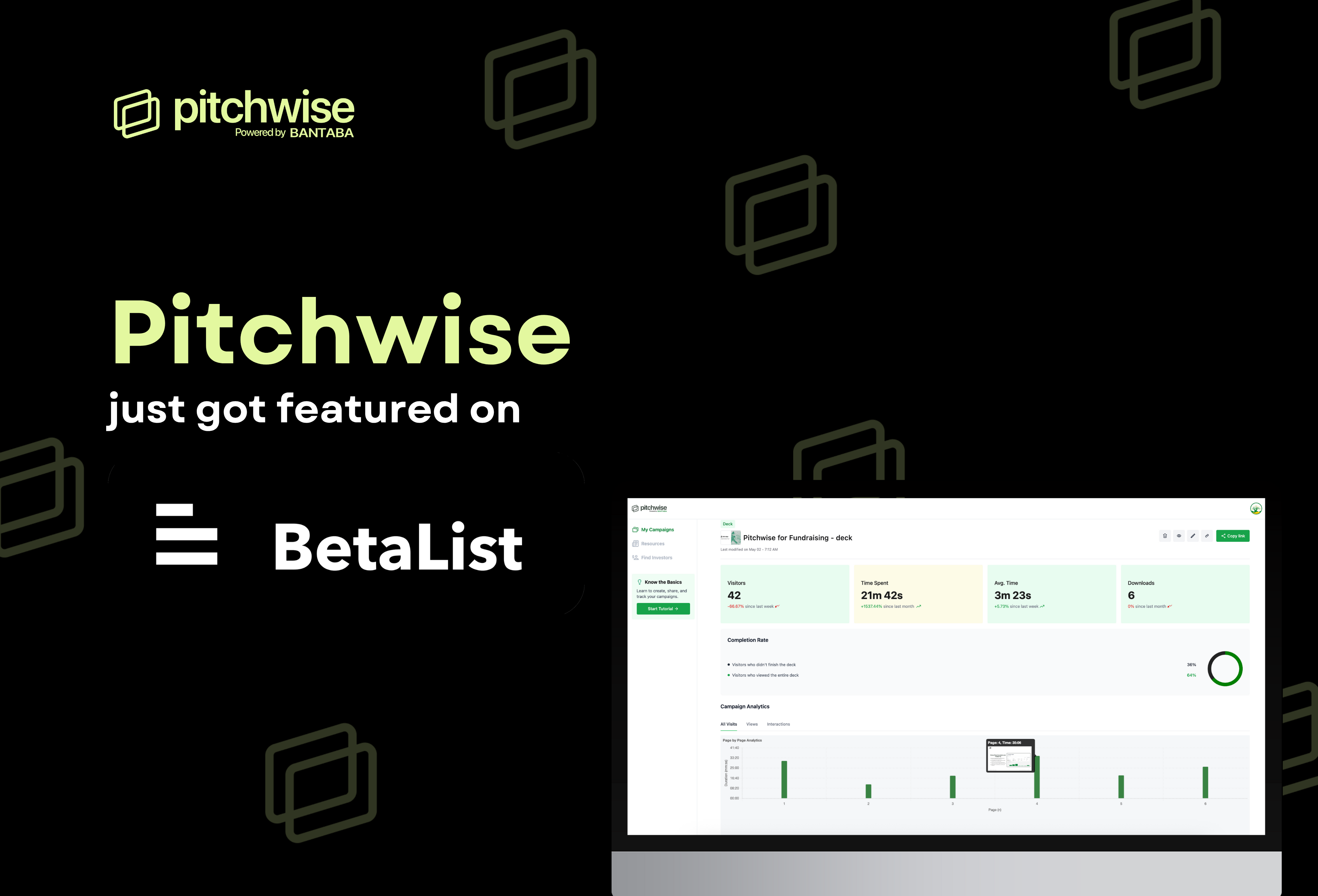




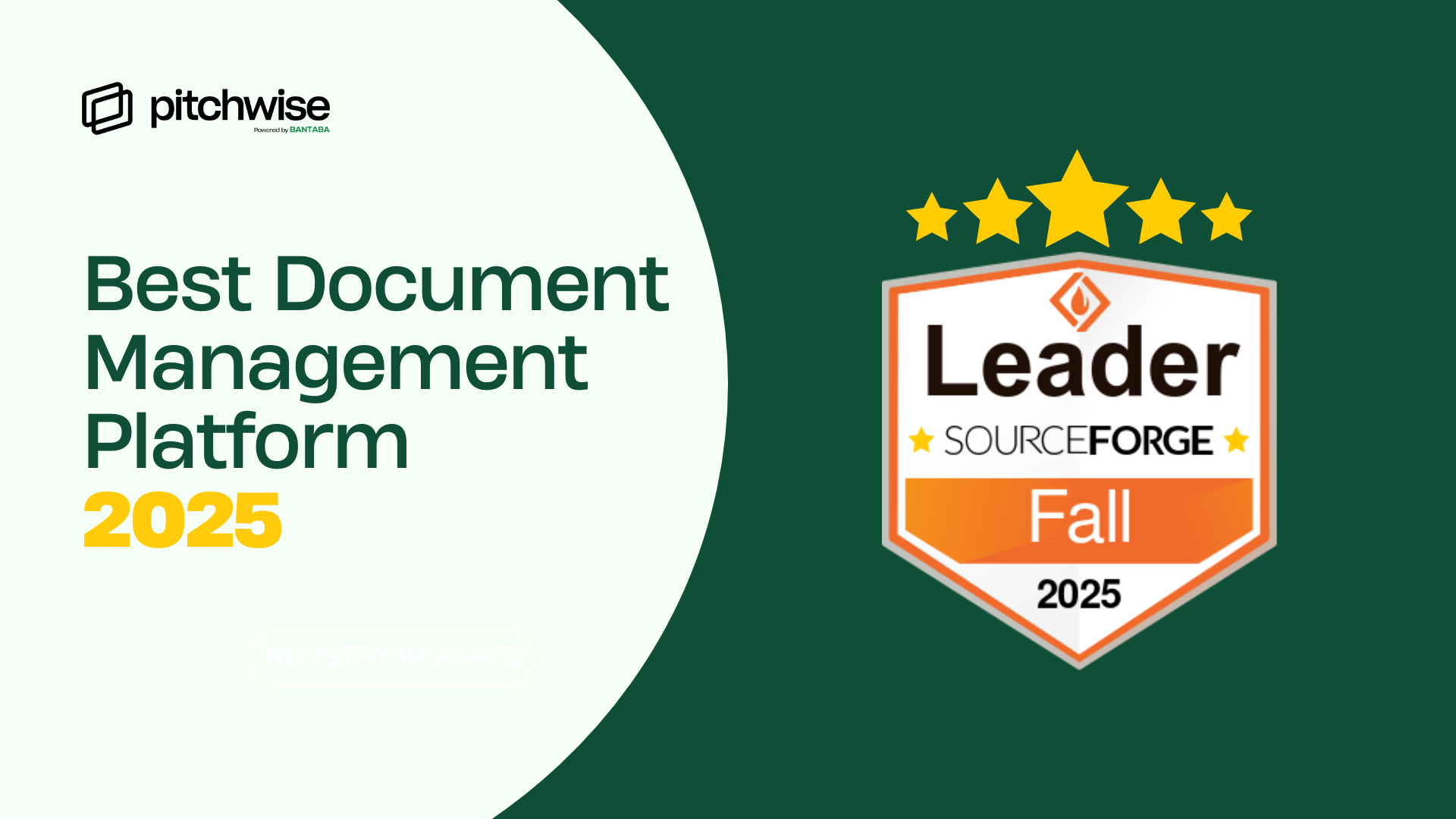
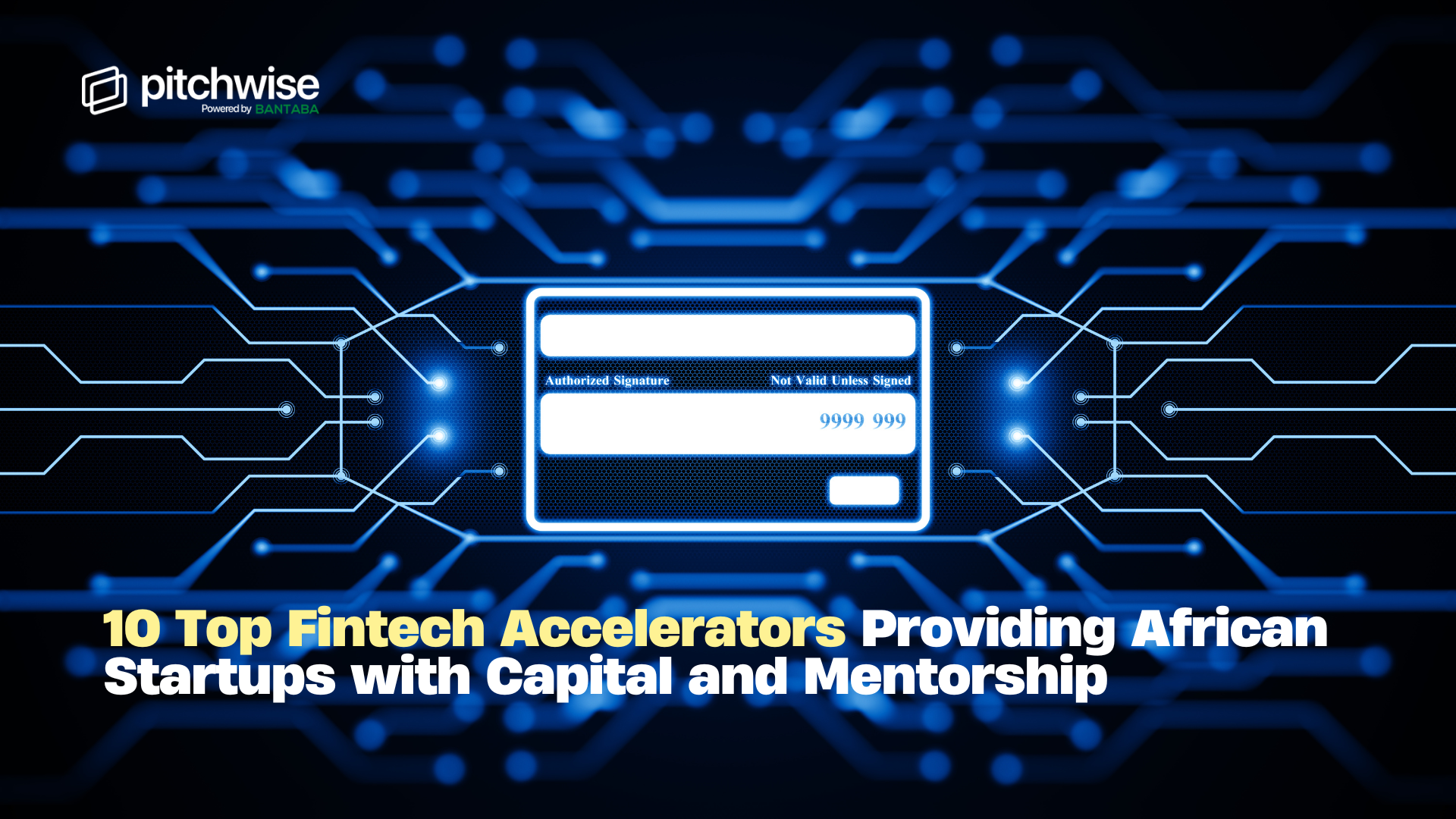
.png)

%20.png)
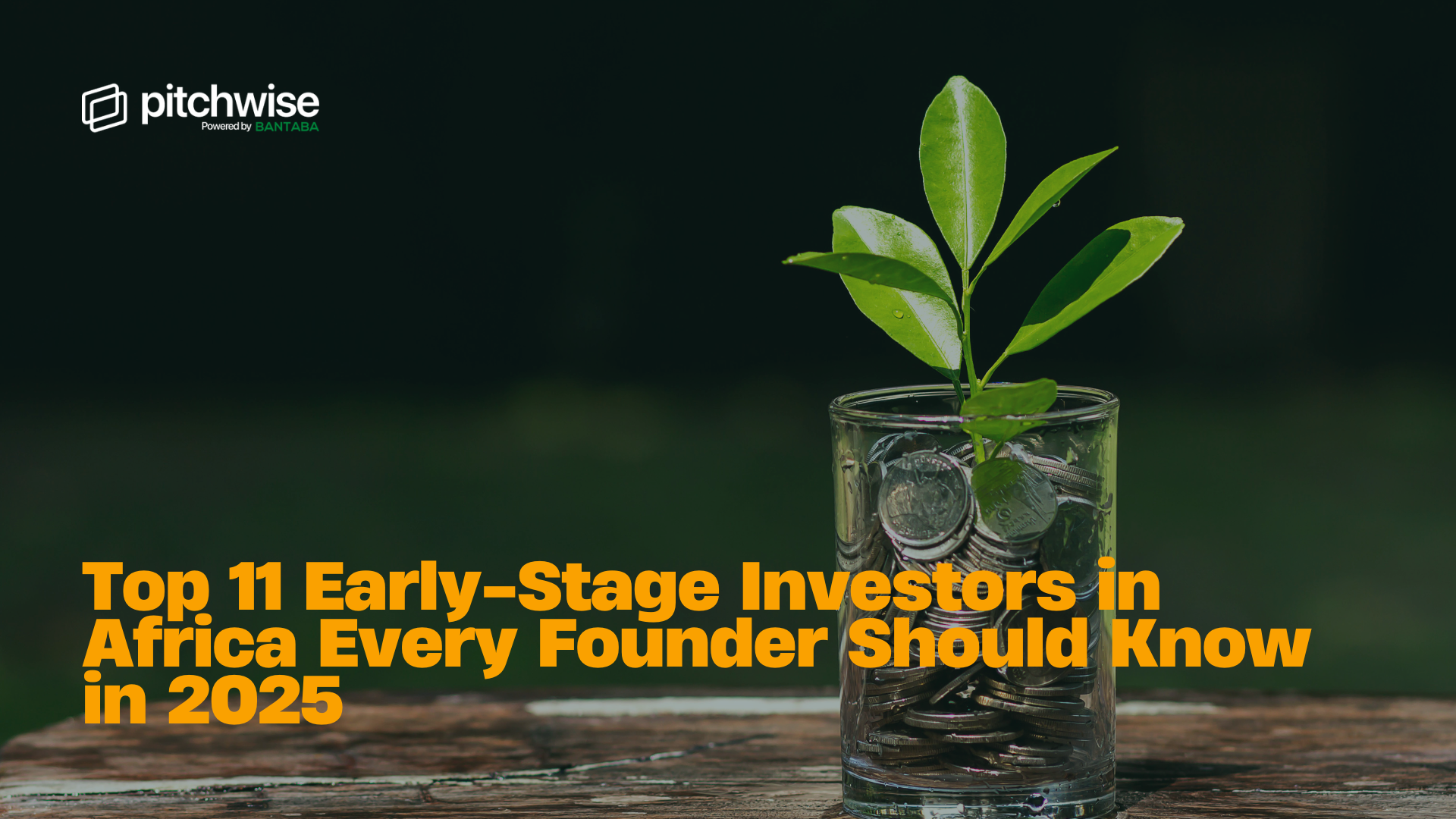
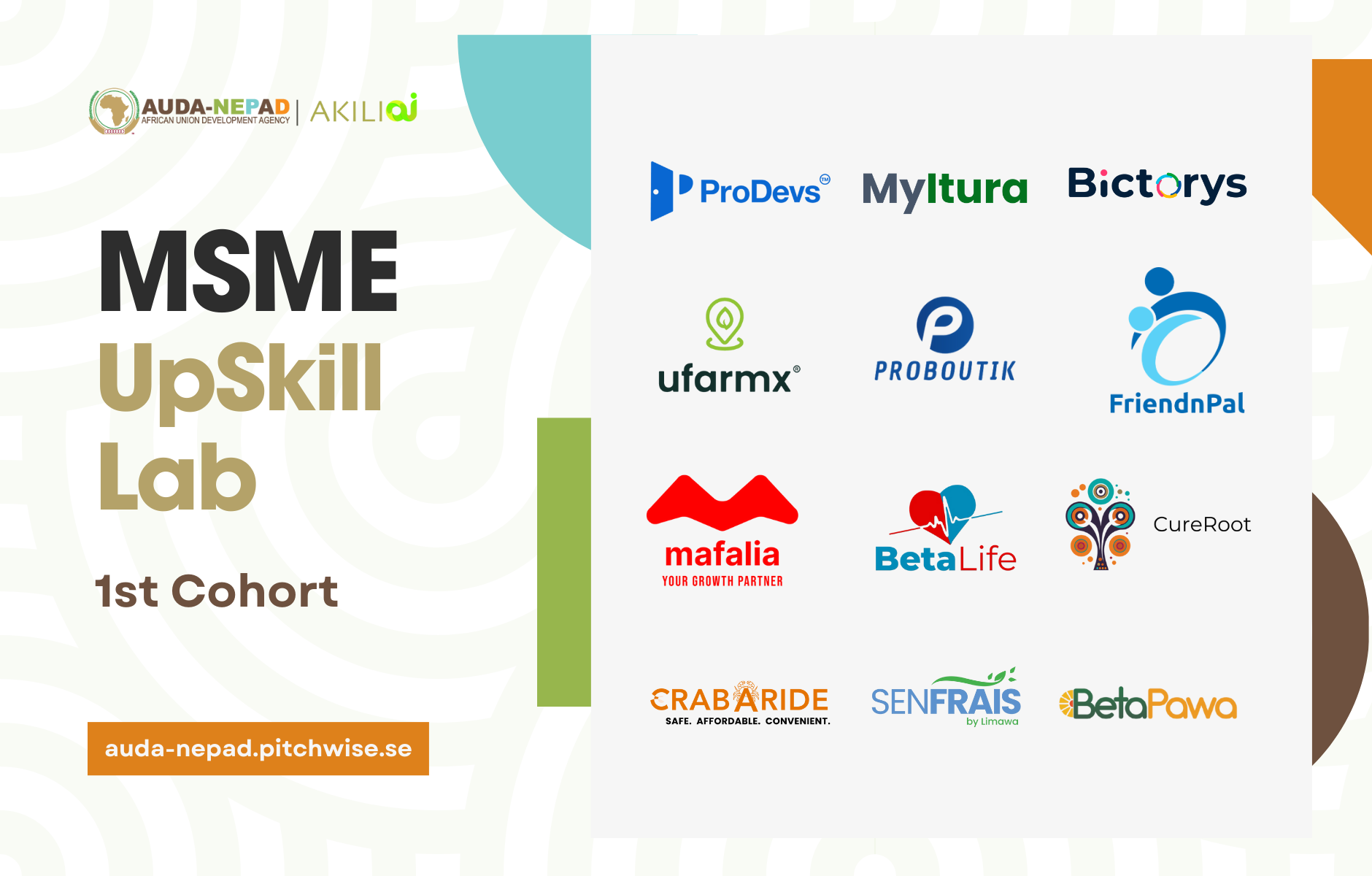





.png)




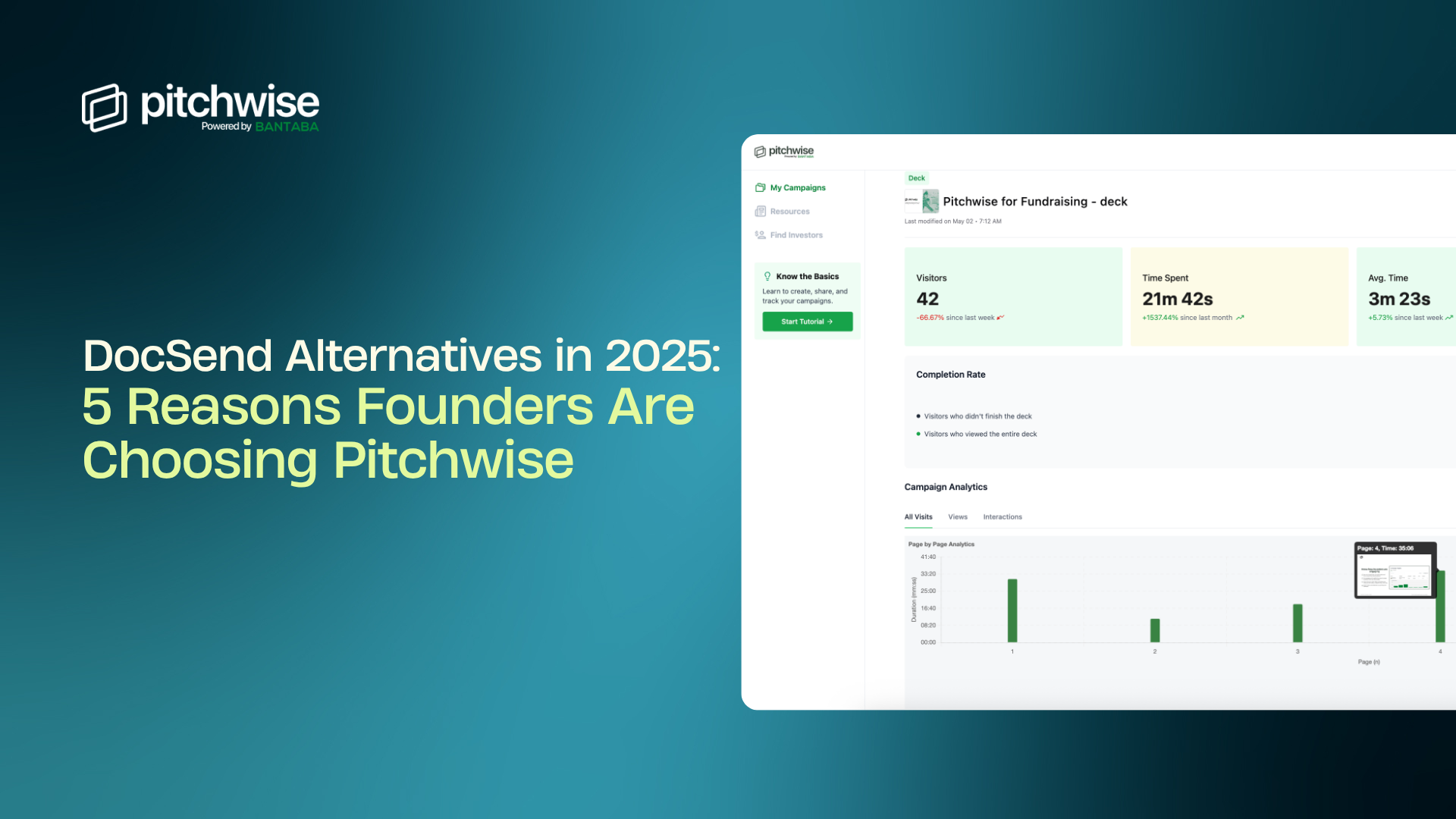










.png)

.png)



.png)
.png)


.png)
.png)


















